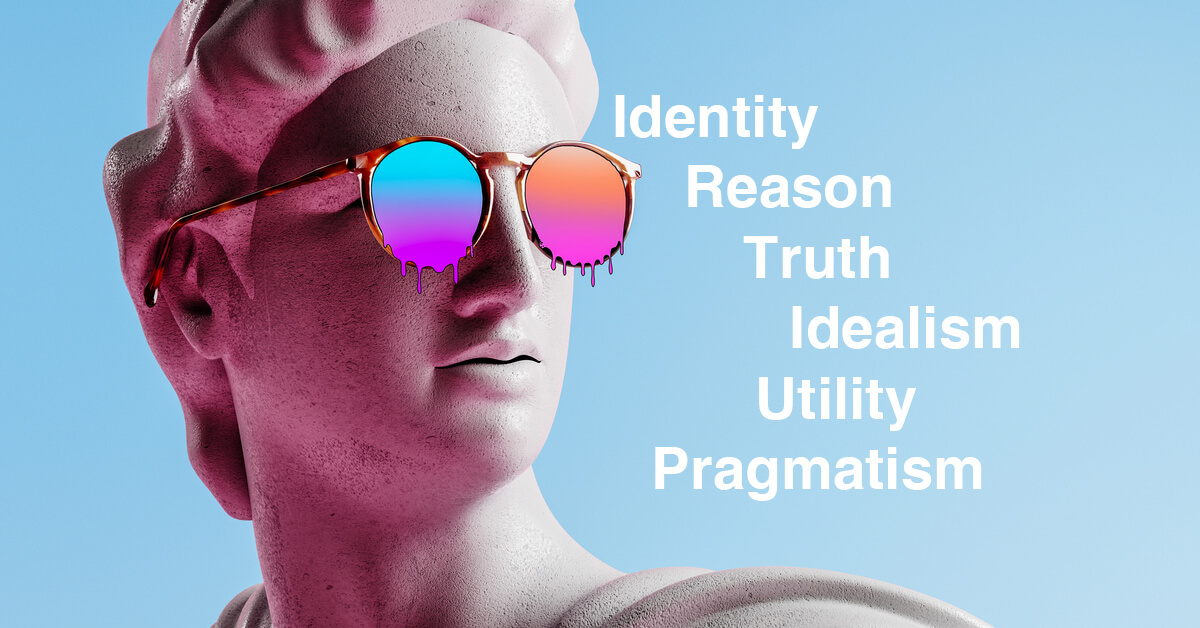Sept. 2, 2021, and June 13, 2024
Nietzsche may actually be alive, ironically, and thriving at schools and newspapers. The T-shirt that was a huge seller that read — “Nietzsche is dead, God” — may have got it all wrong. I have noticed recently that schools have started abandoning a document that used to be quite common called “A Statement of Philosophy.” It was usually written by an Academic Dean and had rarely been updated except every 10 years when the rigmarole of accreditation required it. This may be a mistake and I would like to explain why.
Let’s start with a few sample questions that you could ask your communities to test whether they are philosophically on the same page:
Question 1: Please choose the missing word that most corresponds with your view.
An important role of education at our school is to help students ______ their identity
- Discover
- Create
- None of the above — Please fill in why in a few short sentences
Question 2: Please choose the missing word that most corresponds with your view.
An important role of education at our school is to help students learn values that are _________
- Universal …


